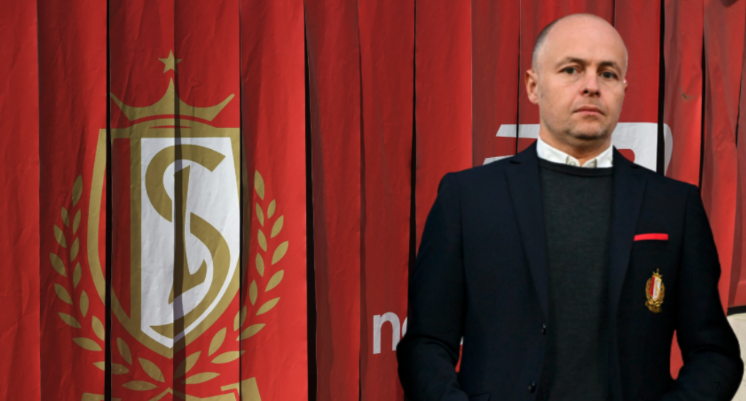Giacomo Angelini may be the new owner of Standard de Liège but his ‘takeover’ was funded entirely by A-CAP. How is this possible, and what does it mean for the Pro League club?
By Paul Brown and Philippe Auclair
June 2024. With 777 Partners out of the picture at long last and A-CAP desirous to sell all of their football portfolio, Standard de Liège fans hoped that a new owner would soon appear and stop the club spiralling out of control. The club's hierarchy insisted that offers had been received by Moelis, the bank mandated to dispose of the 777 Partners football empire of dust. But one by one, all of the potential buyers – some mysterious Americans, some mysterious Emiratis – who had reportedly expressed an interest in acquiring Standard withdrew from the negotiating table. There hadn't been many of them.
Then, on Wednesday 2 April this year, a miracle happened. Standard's former chief financial officer and recently-promoted CEO Giacomo Angelini, a Liégois by birth, announced that a consortium of unnamed "local investors" he was leading had entered "advanced discussions" to acquire the club and that "an agreement in principle" had been reached. The terms agreed by the consortium, SDL Holding, were far more favourable to A-CAP than those which any previously interested parties had been prepared to accept.
SDL Holding would not only take on the club's debt, estimated to be just under 30 million euro; it would also pay A-CAP 60 million euro cash for the club, when other bidders had only proposed a symbolic sum for it.
But where ...



